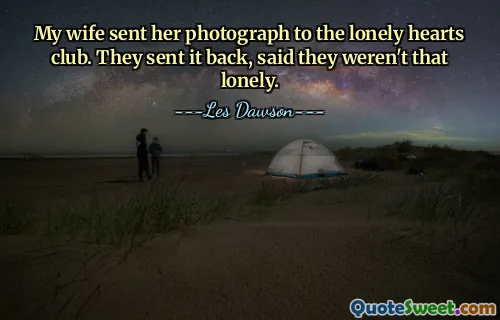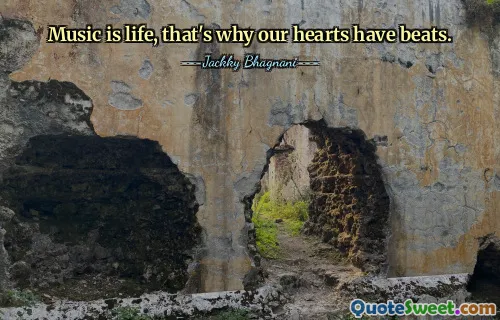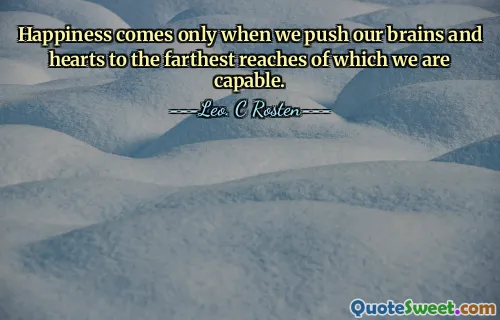Our hearts are not stones. A stone may disintegrate in time and lose its outward form. But hearts never disintegrate. They have no outward form, and whether good or evil, we can always communicate them to one another.
In Haruki Murakami's "After the Quake," the author reflects on the nature of the human heart, contrasting it with a stone. He suggests that while stones may erode and lose their physical shape, the essence of the heart remains intact. Hearts carry emotions and connections that transcend physical form, allowing for genuine communication between individuals.
This metaphor highlights the resilience and permanence of our emotions and relationships. Unlike an inanimate object, our hearts are capable of conveying feelings, whether positive or negative, emphasizing the importance of empathy and understanding in human interactions. Murakami's insight invites readers to appreciate the enduring power of emotional connectivity.


